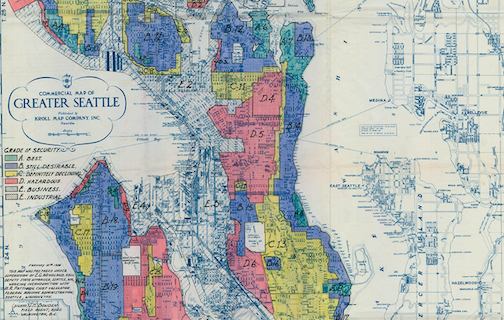Published on December 17, 2019

Where someone grows up is profoundly important for their life chances. It influences things like the schools they attend, the jobs, parks and community resources they have access to and the peers they interact with.
Because of this comprehensive influence, one might conclude that where you grow up affects your ability to move up the residential ladder and into a better neighborhood than the one you grew up in.
In a new study, my co-authors and I show that for many children, where they grow up is profoundly important for where they end up as adults.
But for black Americans who move away from the cities of their youth, moving out often means moving up the residential ladder.
Considerable research shows that living in a more racially segregated area is connected with worse outcomes for black people in a variety of areas of life, influencing everything from the probability of graduating from high school to life expectancy. African Americans remain highly segregated from white people in many areas of the United States, including Chicago, Detroit and New York. Indeed, a 2015 study found that over 50% of black people in the U.S. lived in highly segregated areas.
In other words, the majority of U.S. black people live in neighborhoods that are predominantly black and racially isolated.
Continue reading at The Conversation.
Originally written by